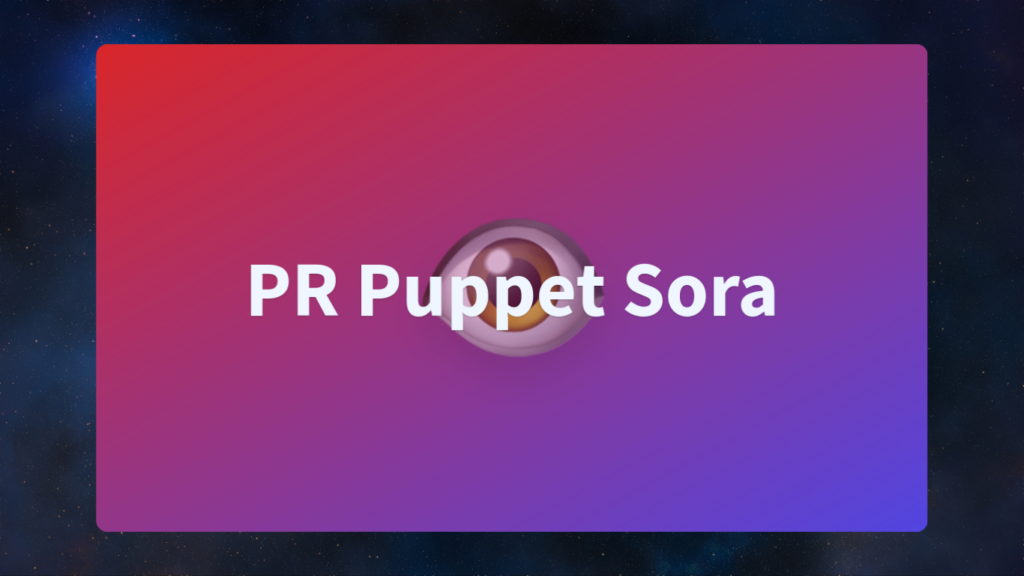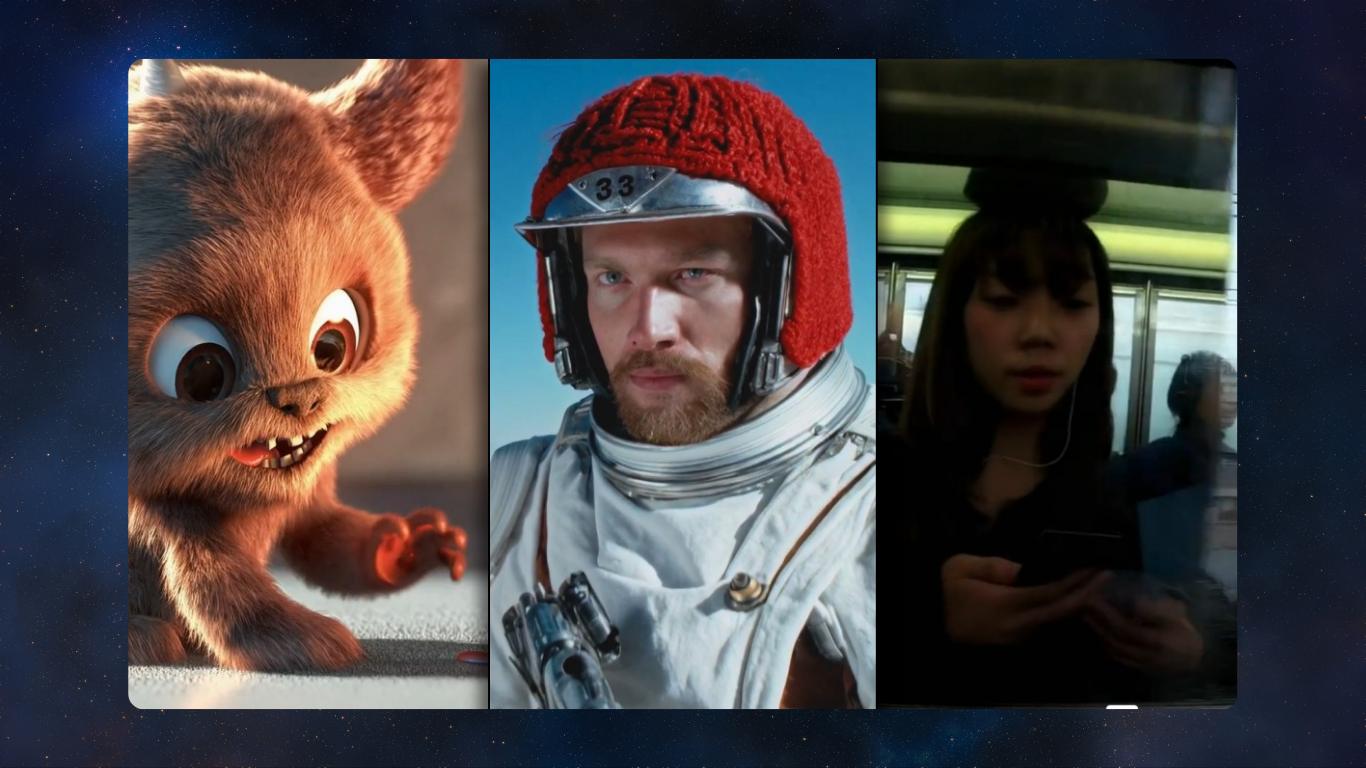A consortium of artists has disclosed the unauthorized release of OpenAI’s Sora video generator, alleging that the company coerced them into promoting a favorable view of the tool under the guise of unpaid beta testing.
In a collective statement shared by 14 artists operating under the handle PR-Puppets, they expressed concerns over OpenAI’s motives: “Initially invited as early adopters and creative collaborators, we’ve come to realize our roles are more about embellishing the tool’s image rather than genuine artistic partnership.”

The artists argue that the stringent requirement for OpenAI’s approval on every video produced stifles creative freedom, transforming the early access program into a marketing vehicle rather than a platform for genuine artistic expression and feedback. They also accuse OpenAI of using them as uncompensated testers.
In protest, the group made the Sora version available on the Hugging Face platform, enabling the public to generate 10-second video clips. Although the interface was quickly deactivated, numerous individuals had already utilized it, sharing clips bearing OpenAI’s digital watermark on various social media platforms, as reported by TechCrunch. A tech expert who analyzed the software confirmed its authenticity, noting that it connected directly to OpenAI’s Sora service and utilized the group’s access credentials.
OpenAI responded by discontinuing the artists’ early access within hours of the leak, according to PR-Puppets.
The group clarified their stance, stating, “While we support AI as a medium in the arts, our grievance lies with the execution of this artist program. By bringing this issue to light, we hope OpenAI will adopt a more transparent and artist-centric approach.”
In a statement to PCMag, OpenAI countered, saying, “Artists participating in the beta program are under no compulsion to provide feedback or use the tool, and involvement is entirely optional.” The company added that input from voluntary participants has been instrumental in enhancing Sora’s features and security measures.
Since its unveiling in February 2024, Sora has set new standards for AI-driven video creation, capable of producing detailed, minute-long videos from simple text prompts. This innovation spurred similar developments by major tech entities and entertainment firms, though Sora remains unavailable to the general public.
The potential misuse of AI video technology for creating deceptive deepfake content—ranging from harmful misinformation to inappropriate material—necessitates thorough vetting, possibly delaying Sora’s wider release. This cautious approach may also explain why OpenAI insists on vetting content produced during the program.
“Currently, Sora is still in a research and development phase, and our focus is ensuring it is a secure and valuable creative tool when more broadly released,” OpenAI communicated to PCMag. “We are committed to fostering a landscape where AI aids in artistic endeavors without compromising safety standards.”

Subtly charming pop culture geek. Amateur analyst. Freelance tv buff. Coffee lover
